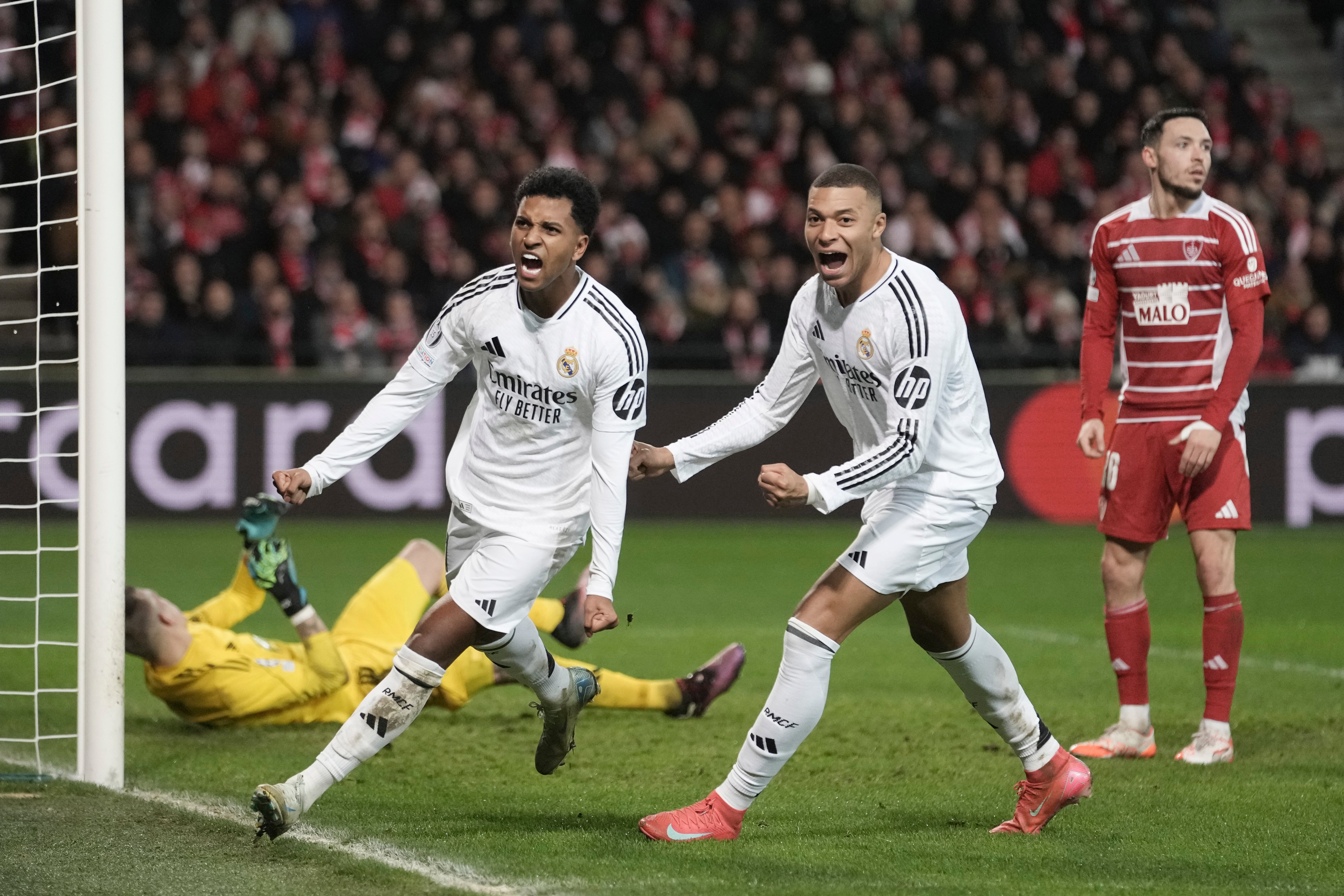UEFA Champions League: The Ultimate Guide To The Prestigious European Football Competition - The current format of the UEFA Champions League is designed to ensure fair competition and provide a balanced schedule for participating teams. Some of the key features include: The UEFA Champions League has produced countless iconic moments that have become part of football folklore. From last-minute goals to stunning comebacks, the tournament has provided fans with unforgettable memories. Some of the most memorable moments include:
The current format of the UEFA Champions League is designed to ensure fair competition and provide a balanced schedule for participating teams. Some of the key features include:
The UEFA Champions League has a significant financial impact on participating clubs and players. The tournament offers substantial prize money, with the winners receiving millions of euros. Additionally, clubs benefit from increased revenue through broadcasting rights, sponsorship deals, and ticket sales.

Over the decades, the UEFA Champions League has evolved significantly. The inclusion of more teams from different European leagues has made the competition more diverse and competitive. Additionally, the introduction of the knockout stage has added excitement and drama to the tournament.
As we delve deeper into this comprehensive guide, you'll discover fascinating insights into the tournament's origins, its evolution over the years, and the reasons behind its immense popularity. Whether you're a die-hard fan or someone new to the world of football, this article will provide valuable information to enhance your understanding of the UEFA Champions League.
For players, participating in the UEFA Champions League can enhance their reputation and earning potential. Top performers in the tournament often attract interest from the world's biggest clubs, leading to lucrative transfer deals and contracts.
Fan engagement is a crucial aspect of the UEFA Champions League's success. The tournament encourages interaction through social media platforms, official apps, and live events. Fans can participate in polls, share their opinions, and connect with fellow supporters from around the world.
The UEFA Champions League has a diverse fan base, with supporters from all continents tuning in to watch the matches. The tournament's ability to unite fans from different cultures and backgrounds is one of its greatest strengths.
As the UEFA Champions League continues to evolve, its future looks promising. Plans for expansion, improved broadcasting technologies, and enhanced fan experiences are on the horizon. The tournament's commitment to innovation and excellence ensures its continued relevance and popularity in the world of football.
The UEFA Champions League features teams from across Europe, with qualification based on their performance in domestic leagues and cup competitions. The number of teams each country can enter depends on their UEFA coefficient ranking, which is determined by the performance of their clubs in European competitions over the past five years.
Once the group stage begins, 32 teams are divided into eight groups of four. Each team plays against the others in their group twice, home and away. The top two teams from each group advance to the knockout phase, which consists of a series of two-legged ties until the final, which is a single-match showdown.
The UEFA Champions League has become a symbol of excellence and competition in the world of football. Since its inception, it has captured the hearts of millions of fans around the globe. This prestigious tournament showcases the best football teams in Europe, competing for glory and the coveted title. In this article, we will explore everything you need to know about the UEFA Champions League, from its history to its current format and future prospects.
One of the key milestones in the history of the UEFA Champions League was the introduction of the group stage format in 1992. This change allowed more teams to participate and increased the number of matches, making the tournament more engaging for fans. Since then, the competition has undergone several modifications to accommodate the growing number of participating teams and ensure a fair and competitive structure.